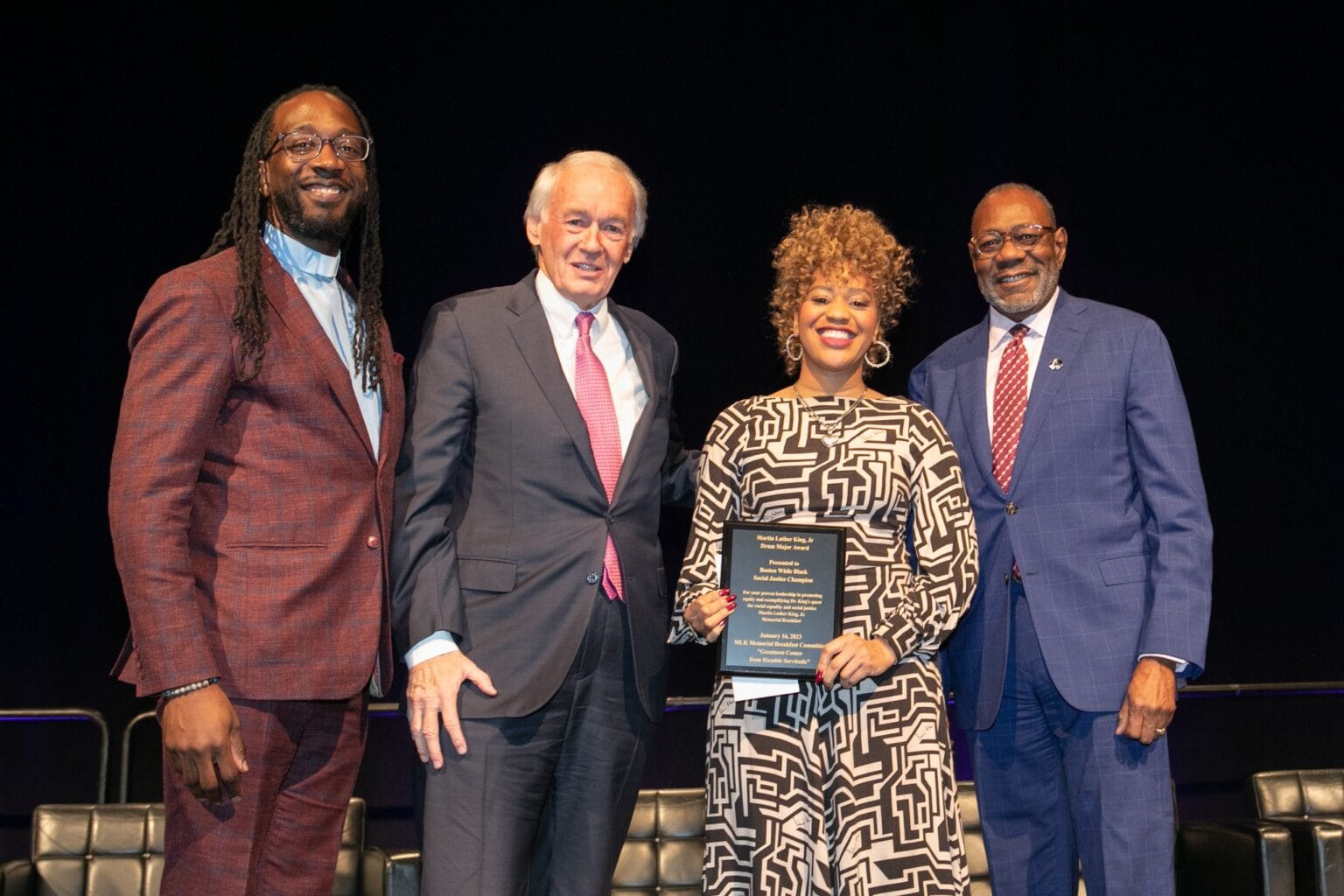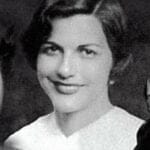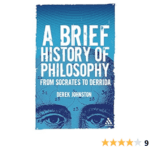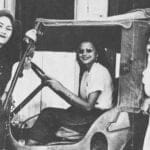Channeling Ambition into Service: Understanding MLK’s “Drum Major Instinct”
In his poignant “Drum Major Instinct” sermon, delivered just two months before his assassination, Dr. Martin Luther King Jr. explored the inherent human desire for recognition and importance. He argued that this desire, while natural, could be easily misdirected, fueling egotism, prejudice, and a lust for power. Instead of condemning ambition, however, King challenged his listeners to harness this “drum major instinct” for a higher purpose: selfless service to others and the pursuit of justice.
This message, though delivered in 1968, remains strikingly relevant in the 21st century. But what does it truly mean to be a “drum major for justice” today? How can we, like Dr. King, transform our yearning for recognition into a force for positive change?
Unmasking the “Drum Major Instinct”: A Legacy of Service
Dr. King wasn’t talking about literal drum majors leading a marching band; he was using a powerful metaphor to describe a universal human experience. Think about it: that desire to be out front, to be seen as successful, to have your name in lights—we all feel it to some degree.
King, drawing inspiration from a 1952 sermon by J. Wallace Hamilton titled “Drum-Major Instincts,” recognized this innate desire within himself and others. He warned, however, against letting it become a source of division and oppression. He argued that a misguided “drum major instinct” could lead to “snobbish exclusivism” and prejudice, citing it as a root cause of racial and social injustice.
Jesus’ Reframing of Leadership: A Model for “Drum Majors”
To illustrate his point, King turned to the biblical story of James and John asking Jesus for the most prominent positions in heaven. Rather than condemning their ambition, Jesus used it as a teaching moment, saying, “Keep feeling the need for being first. But I want you to be first in love” (King, “The Drum Major,” 181).
King emphasized how Jesus, despite having no material wealth or worldly power, lived a life of radical service and love, ultimately sacrificing himself for the betterment of humanity. This, King argued, was the true measure of greatness: not what you attain for yourself, but what you give to others.
From Sermon to Reality: The “Drum Major for Justice” Today
While there isn’t an official “MLK Drum Major” title, numerous organizations, inspired by King’s legacy, have established “Drum Major for Justice” awards. These awards recognize individuals who embody the spirit of King’s message, dedicating their lives to serving others and fighting for a more just and equitable world.
The recipients of these awards, whether household names or unsung heroes working tirelessly in their communities, carry forward the torch of King’s legacy. They remind us that the fight for justice is an ongoing journey, requiring constant vigilance, compassion, and a willingness to challenge systems of oppression.
Examples of organizations that give out “Drum Major for Justice” awards:
- The Martin Luther King, Jr. Commission of Florida, Inc.
- The National Museum of African American Music
Finding Your Inner “Drum Major”: A Call to Action
King’s message wasn’t meant to be confined to a pulpit or a history book. It was a call to action for everyone, urging us to confront the “drum major instinct” within ourselves and redirect it towards creating a better world.
So, how can we answer this call in our own lives?
- Challenge Your Own Biases: We all harbor unconscious biases. The first step is to acknowledge them and actively work to dismantle them.
- Practice Empathy: Put yourself in the shoes of those who are different from you. Listen to their stories, understand their struggles, and amplify their voices.
- Start Small, Think Big: You don’t have to lead a protest march to make a difference. Simple acts of kindness, speaking up against injustice, and using your platform to advocate for change can have a ripple effect.
- Support Organizations Fighting for Justice: Whether it’s donating your time or resources, find ways to support organizations working on the front lines of social change.
- Never Stop Learning: Educate yourself about systemic oppression and the history of social justice movements. Knowledge is power, and the more you understand, the more effectively you can contribute to positive change.
As Dr. King so powerfully stated, “Everybody can be great…because anybody can serve” (King, “The Drum Major,” 182). Let us all strive to embody the spirit of the “drum major for justice,” using our voices and actions to create a world where equality, compassion, and love prevail.
The history of indigenous North American stickball is quite fascinating and deep, you will be surprised to know its origin and impact on Native American communities. If you are a baseball fan you might find Harry Caray’s 7th inning stretch interesting, by knowing its inception and the inspiration behind it. To find open positions and TVA job opportunities, browse through our career page to find a role that aligns with your skills. If you want to stand with and honor the community who works towards civil rights and social justice, do not miss the City of Greensboro Human Rights Celebration.
- Unveiling the Enigma: Mansoureh Khojasteh Bagherzadeh’s Public Appearances & Private Life in Iran - July 18, 2025
- Unveiling the Mystery: Mansoureh Khojasteh Bagherzadeh’s Husband: A Rare Glimpse into a Private Life - July 18, 2025
- Unveiling Masoud Khamenei’s Mother: Power, Influence, and Iran’s Future - July 18, 2025

















1 thought on “The Untold Legacy: Who Embodies MLK’s Drum Major Instinct Today?”
Comments are closed.